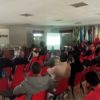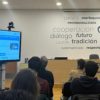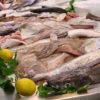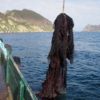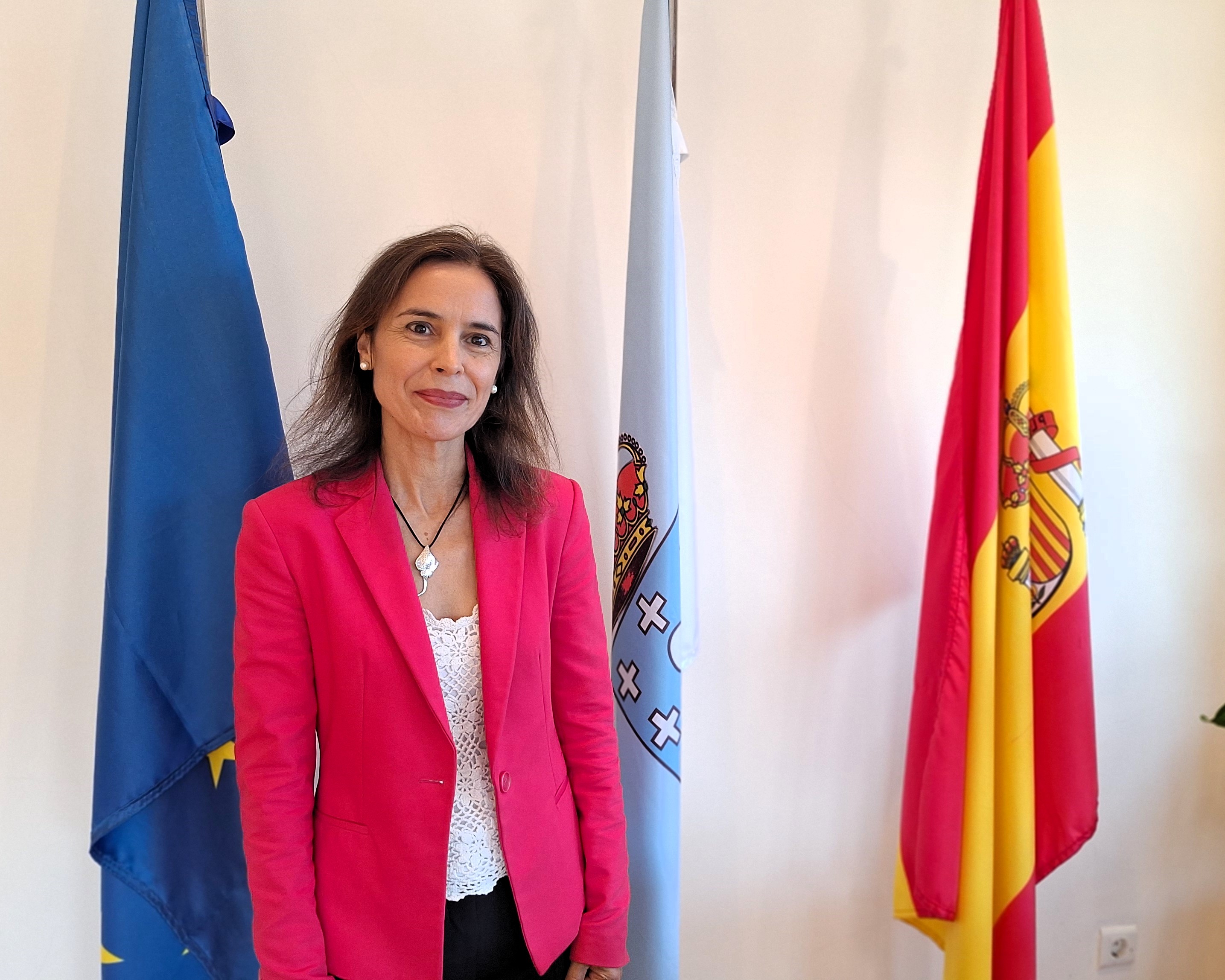
The director of CETMAR will speak about blue economy at the World Maritime Week, which gathers world leaders in the maritime industry in Bilbao
- Rosa Chapela will give two presentations, one in a cross-session and the other at Eurofishing, one of the four congresses to be held from March 19th to 21st as part of the World Maritime Week
- This maritime forum, to be held at the Bilbao Exhibition Centre, gathers every two years the main stakeholders and experts to forge international alliances, share information and face the challenges of the sector.
The managing director of CETMAR, Rosa Chapela Pérez, will give two presentations at the World Maritime Week, to be held in Bilbao from March 19th to 21st. It will be a meeting point for the main stakeholders in the global maritime industry.
This maritime forum brings together industry professionals every two years to establish international alliances, share information and address new challenges. For this purpose, four international congresses are scheduled, along with an exhibition area and a space for networking.
The conference program will be led by professionals from the maritime industry. They will share their experience and knowledge and discuss the outlook of the maritime sector in the coming years for the subsectors of shipbuilding (Sinaval), fishing industry (Eurofishing), port industry (Futureport) and marine renewable energies (Marine Energy Week).
The first intervention of the director of CETMAR will take place on the 19th at 09:40, in the first cross-session planned in the World Maritime Week. It will focus on the blue economy for sustainable development.
Rosa Chapela, also representing the working group of the Conference of Peripheral Maritime Regions (CPMR), will share a discussion table with: the director of Marine Technology of AZTI, Julien Mader; the president of the International Commission for the Conservation of Atlantic Tunas (ICCAT), Ernesto Penas, and with Óscar Gómez, manager of Aclunaga.
In the Eurofishing congress, the managing director of CETMAR will intervene again at 11:30 a.m., with the presentation “Blue Protein: a question of Food Security and Sovereignty (international perspective)”. Here, she will debate again with the president of ICCAT, Ernesto Penas.


